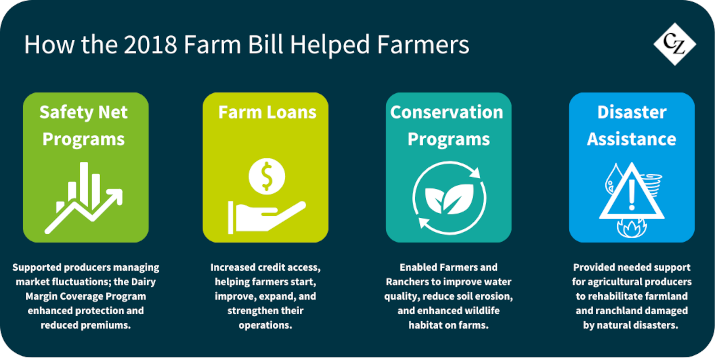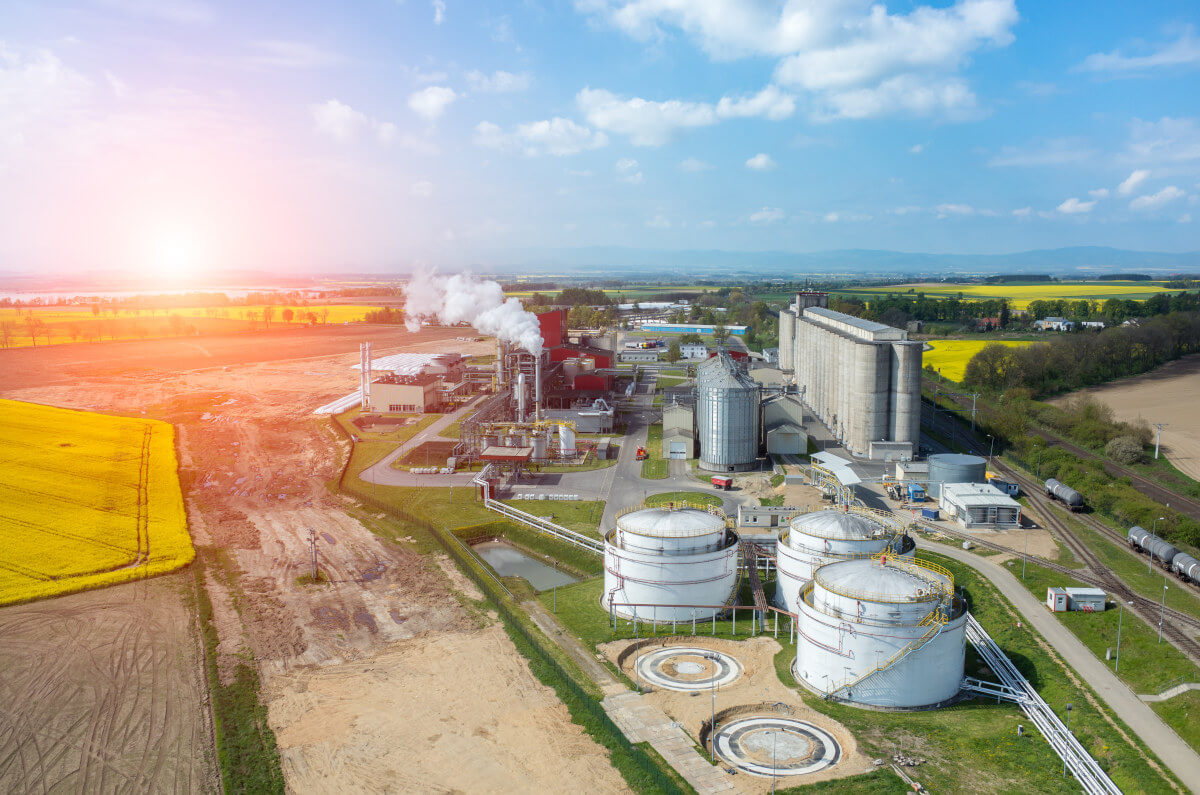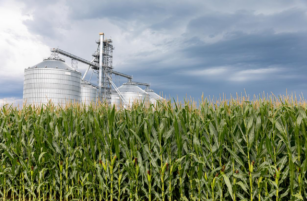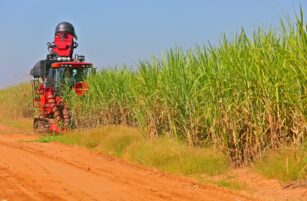Insight Focus
Negotiations for the 2024-2029 US Farm Bill are ongoing. Democrats support a comprehensive Rural Prosperity and Food Security Act, while Republicans propose a streamlined version focused on energy efficiency. Former House Agriculture Committee Chairman warns that misinformation may hinder Congress’s ability to finalise a bill for rural America.
A new US Farm Bill covering the period 2024-2029 is being negotiated in Congress as politicians await the results of the November 5 presidential election before advancing towards passage.
The previous USD 1.8 trillion Farm Bill, which expired on September 30 after a one-year extension, provided strong support for US farmers, ranchers, and others through various safety net programs, farm loans, conservation efforts, disaster assistance, crop insurance, nutrition support and bioenergy initiatives. Current negotiations revolve around two competing versions of the bill.

Source: USDA
Democrats Support Biofuels
In the Senate, Democrats advocate for the Rural Prosperity and Food Security Act, which encompasses over 100 bipartisan bills and aims to put the 2024 Farm Bill back on track for passage before the end of 2024.
The Energy Title of the bill addresses programs vital to the biofuels and bioenergy industries, including the Biobased Markets Program, the Biorefinery, Renewable Chemical and Biobased Product Manufacturing Assistance program, the Bioenergy Program for Advanced Biofuels, the Biodiesel Fuel Education Program, the Rural Energy for America Program, the Feedstock Flexibility Program for Bioenergy Producers, the Biomass Crop Assistance Program, and the Carbon Utilization and Biogas Education Program.
Additionally, the bill introduces definitions for lifecycle greenhouse gas (GHG) emissions, sustainable aviation fuel (SAF), ultra-low-carbon bioethanol, and zero-carbon bioethanol under the Energy Title.
Specific provisions specify that SAF is an eligible technology for the 9003 loan guarantee program and remove the requirement for 9003 loan guarantee projects to be technologically new. The 2024 Farm Bill also introduces several program changes under the Biobased Markets Program and REAP.
Limited Support from Republicans
The bill submitted by Republicans in the House of Representatives is less detailed but outlines some information on their plans for the Energy Title.
A summary indicates that the House bill intends to enhance access to energy system and efficiency updates for farmers, ranchers, and rural small businesses while promoting growth and innovation for biofuels, bioproducts, and related feedstocks.
Former House Agriculture Committee Chairman Collin Peterson, a Minnesota Democrat, expressed concerns about how misinformation in the presidential campaign is influencing voters nationwide.
Peterson believes there is still time for Congress to approve a new Farm Bill but acknowledges that election results could influence the political will for new policy. He stated that the respective agriculture committees can approve the final language of the bill, but leaders in Congress must approve additional funding for necessary updates in both farm and nutrition programs.













